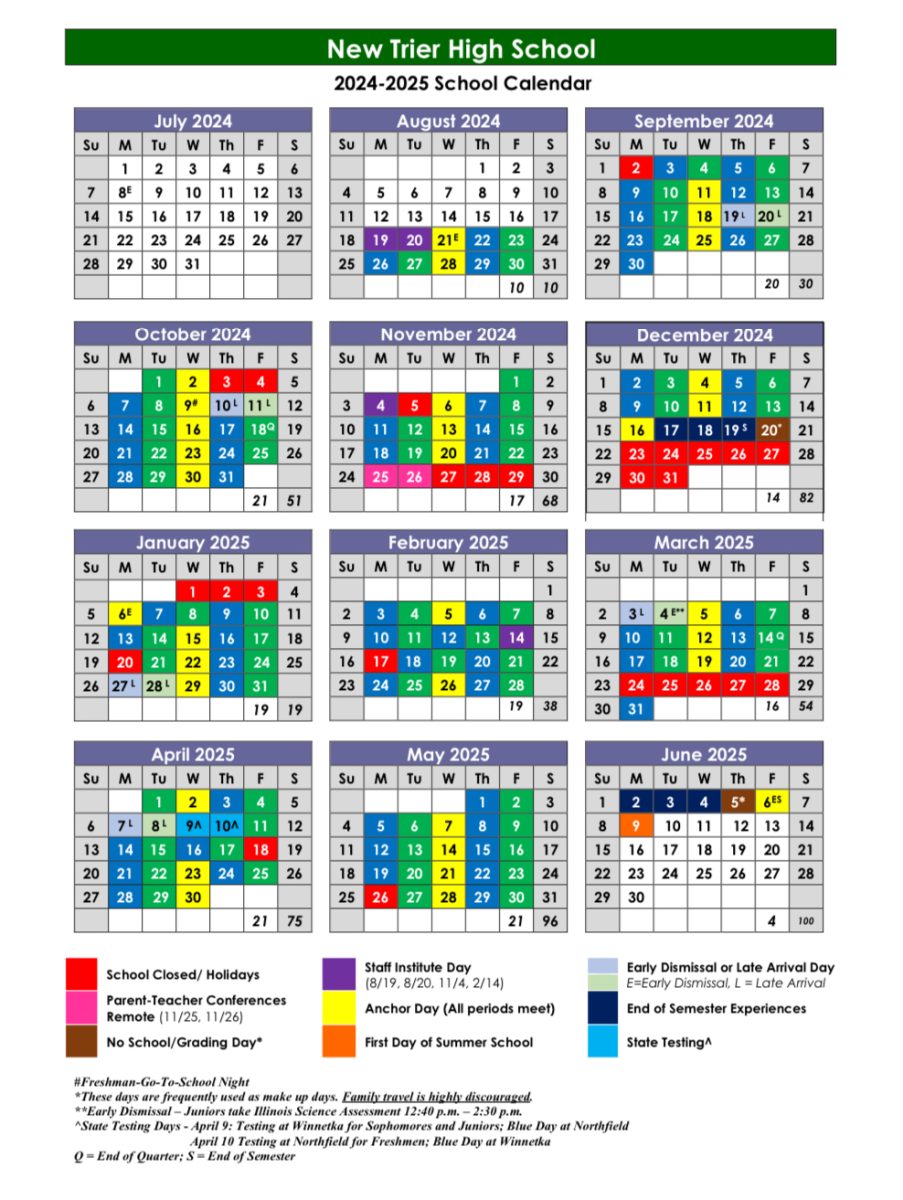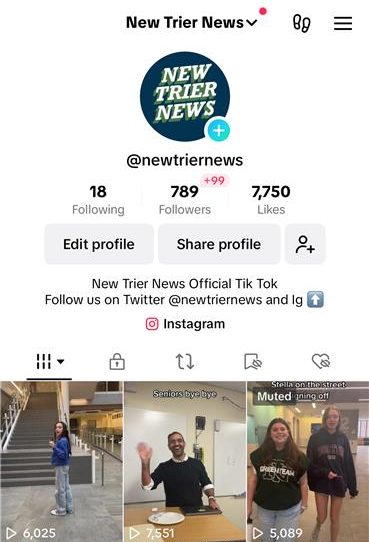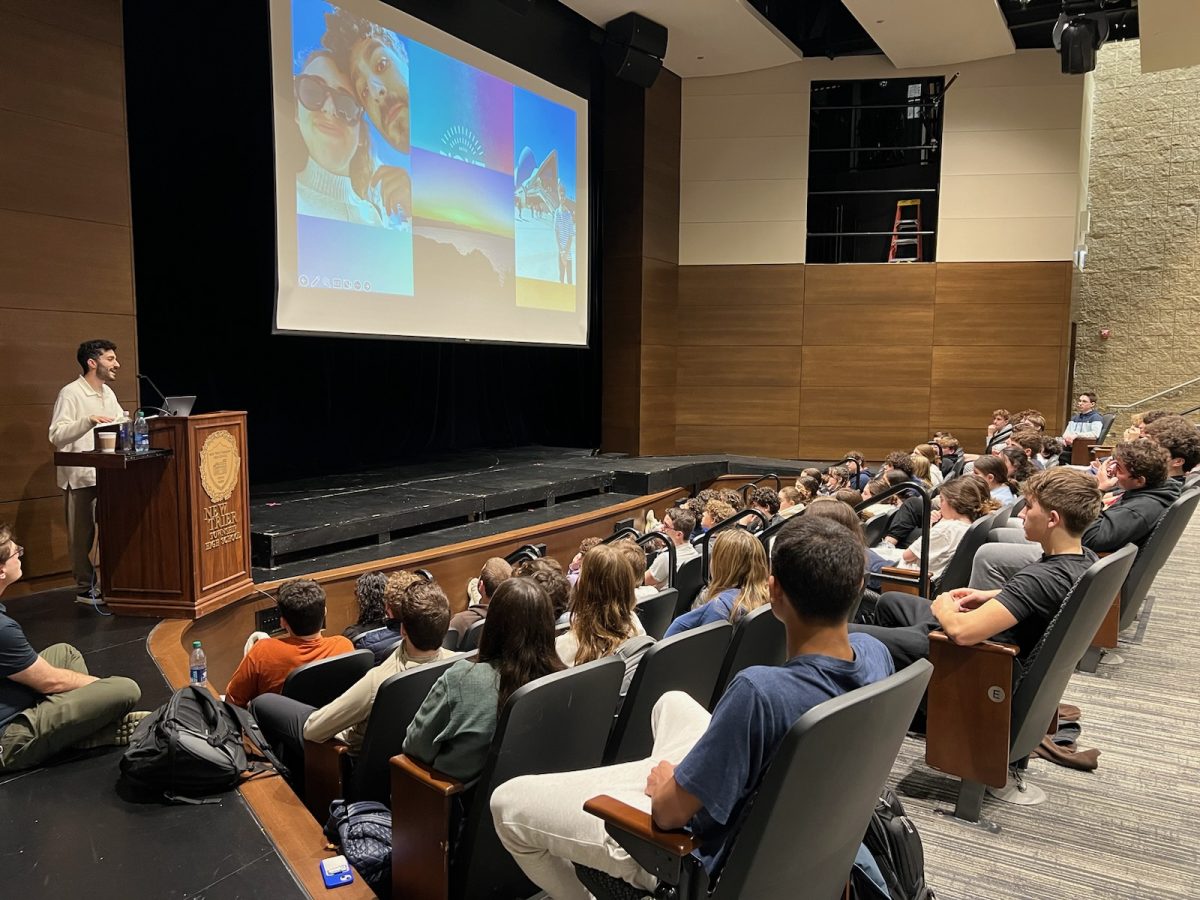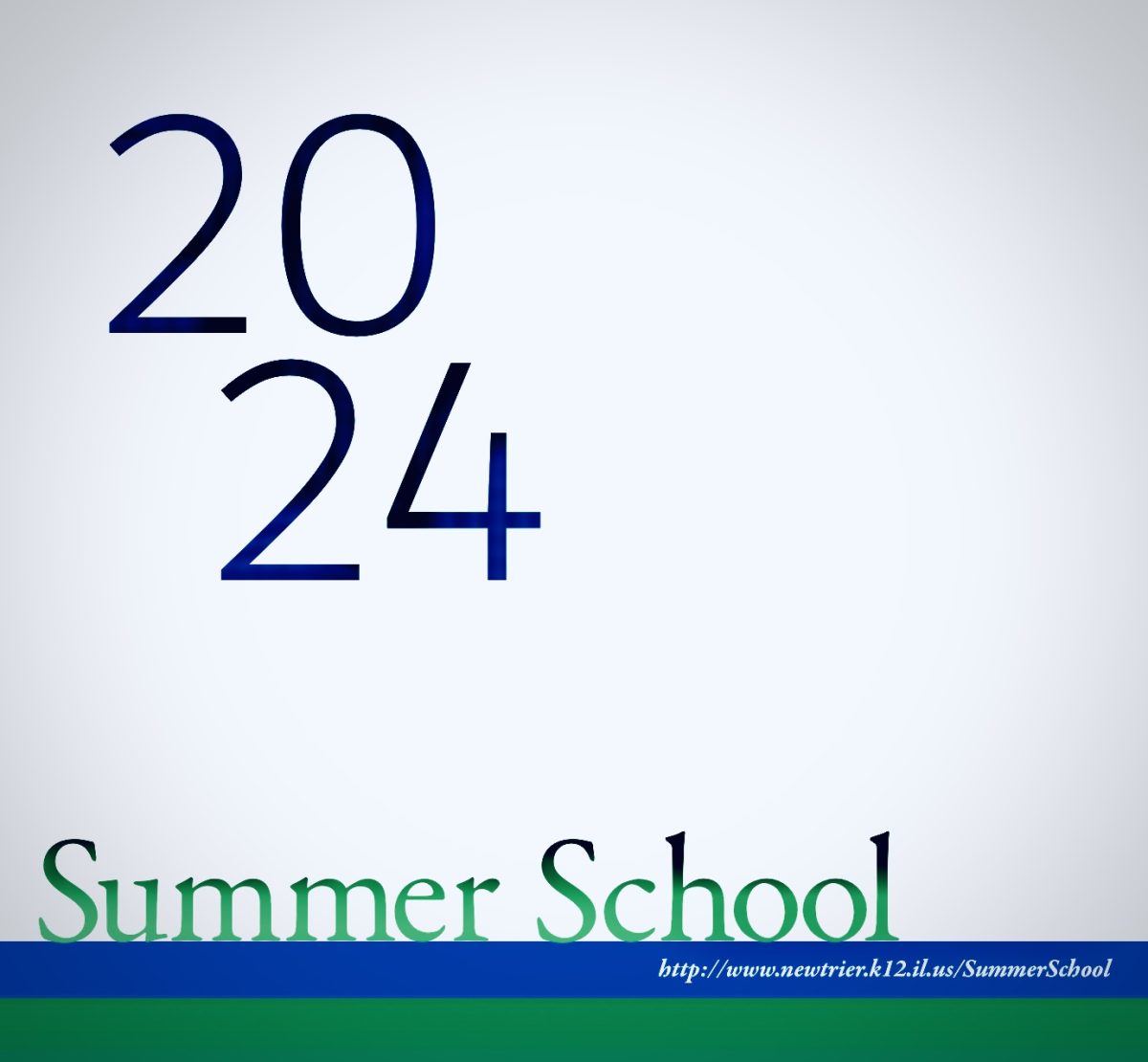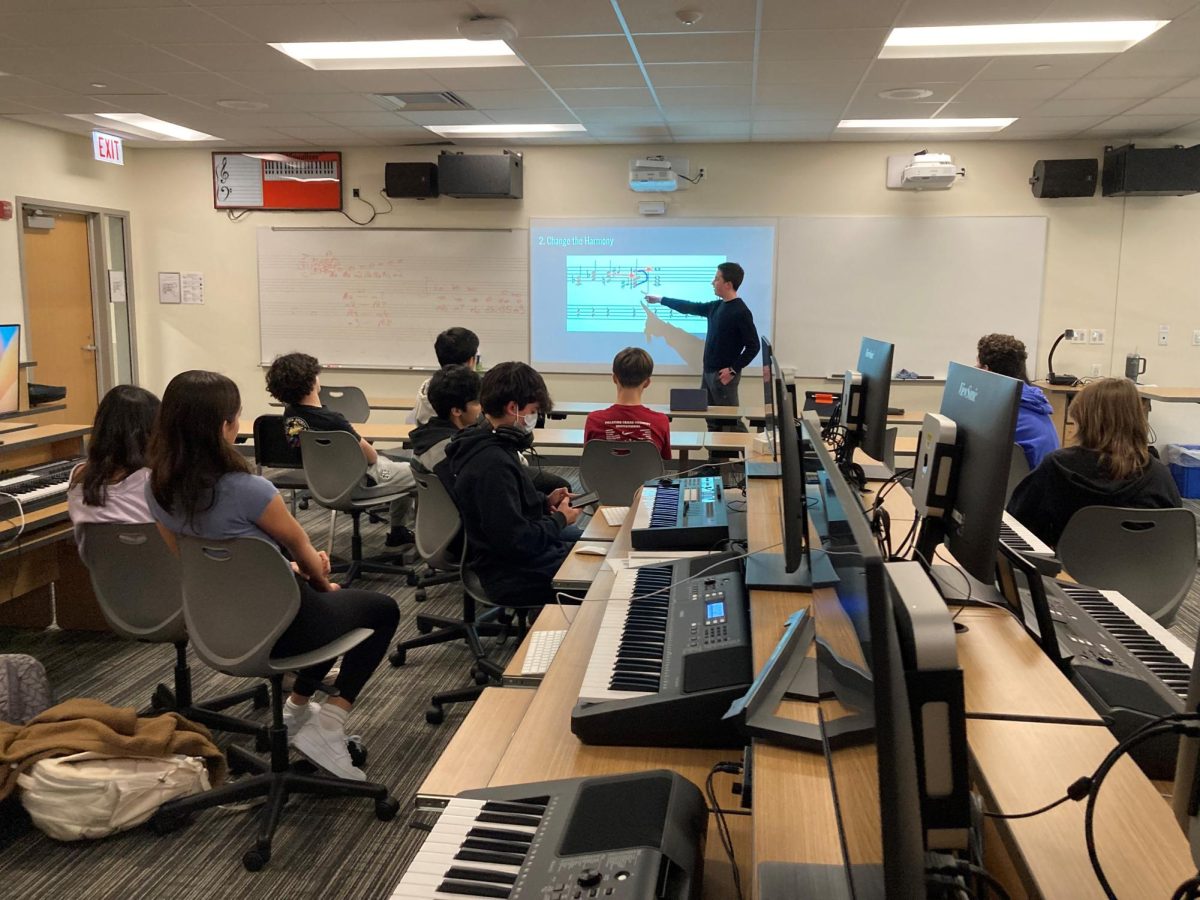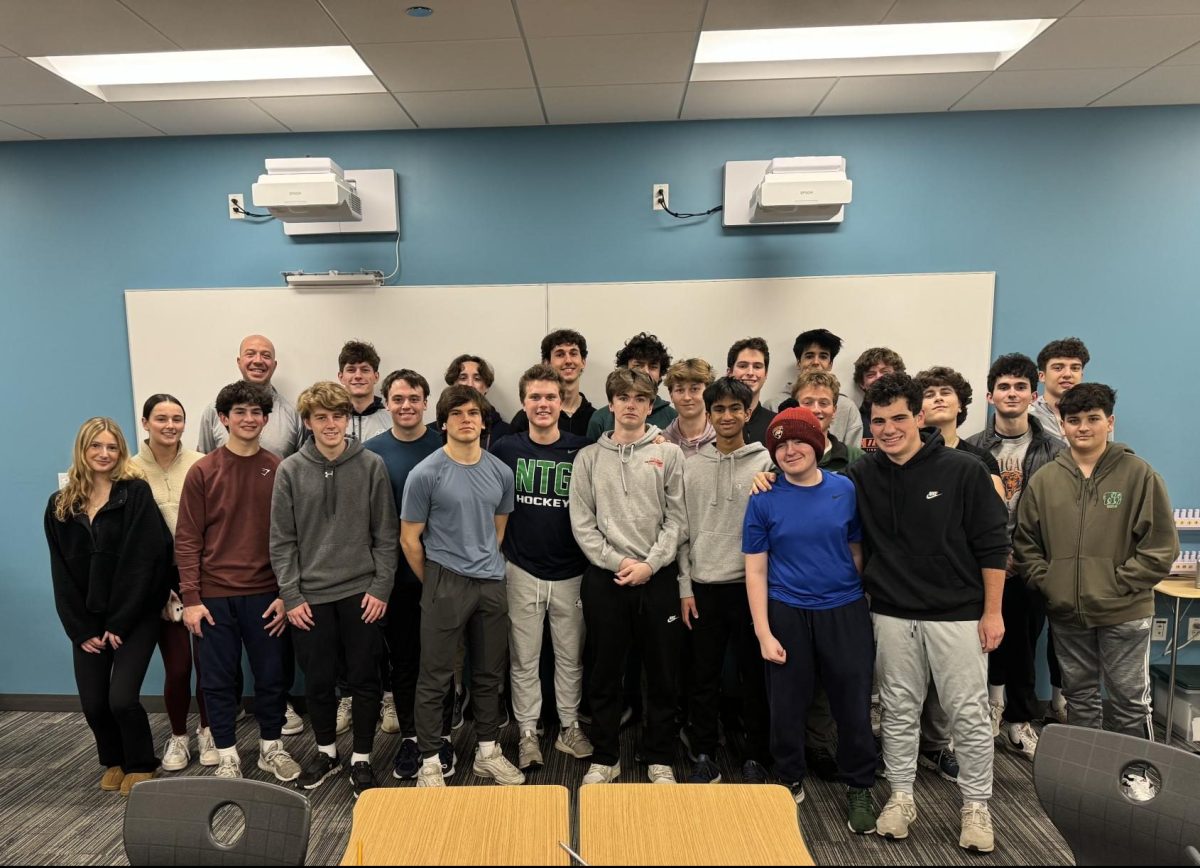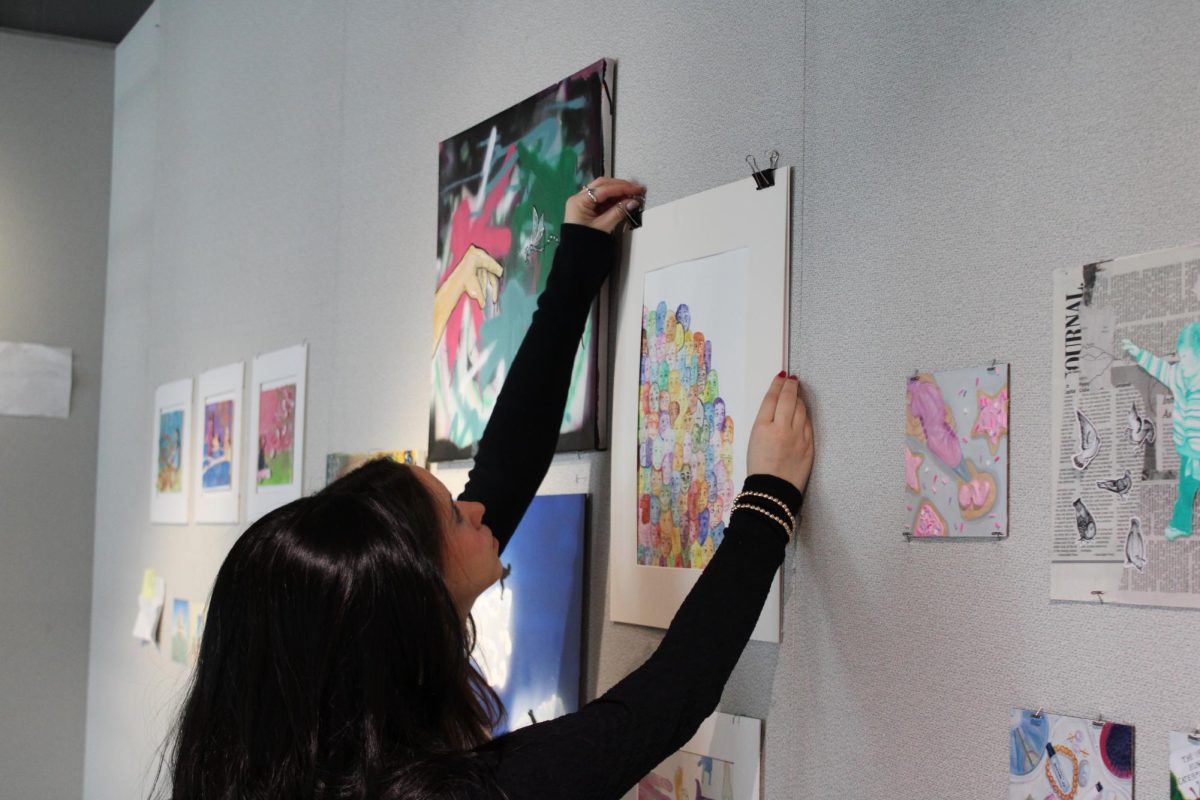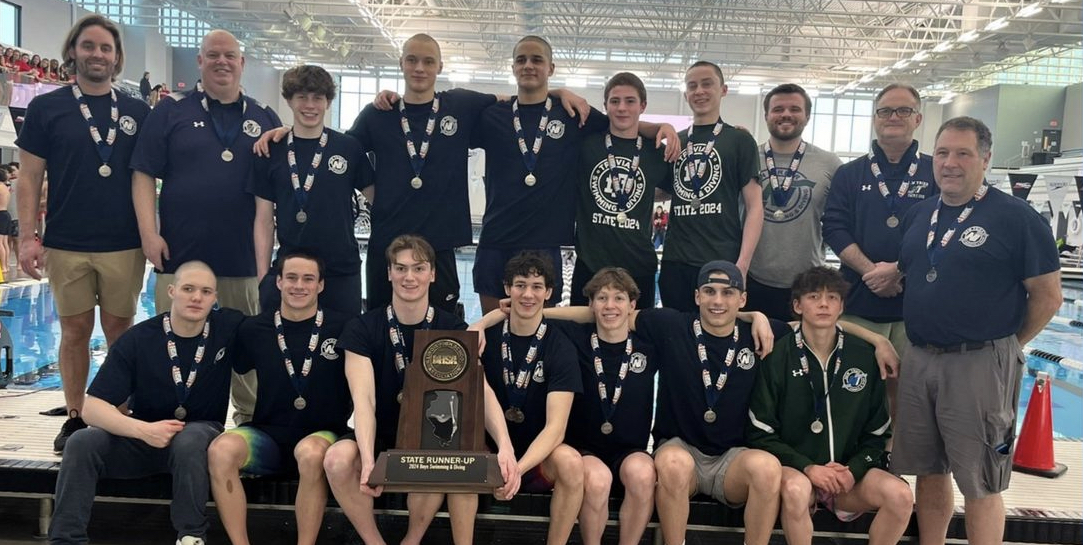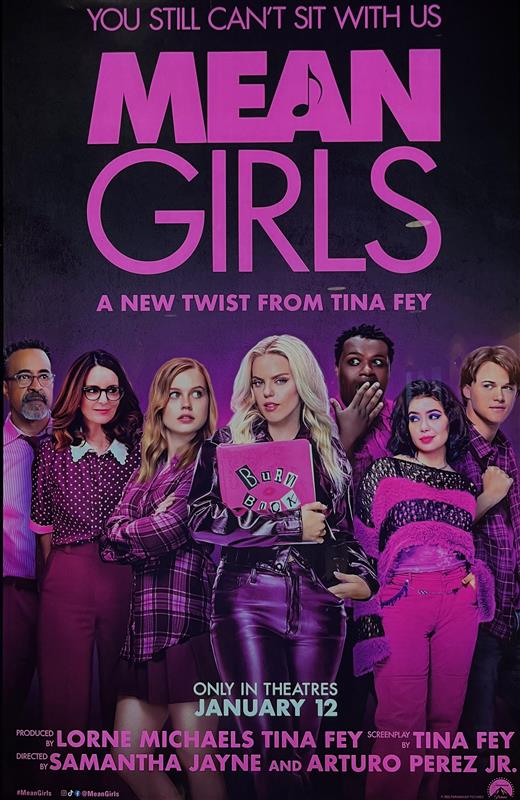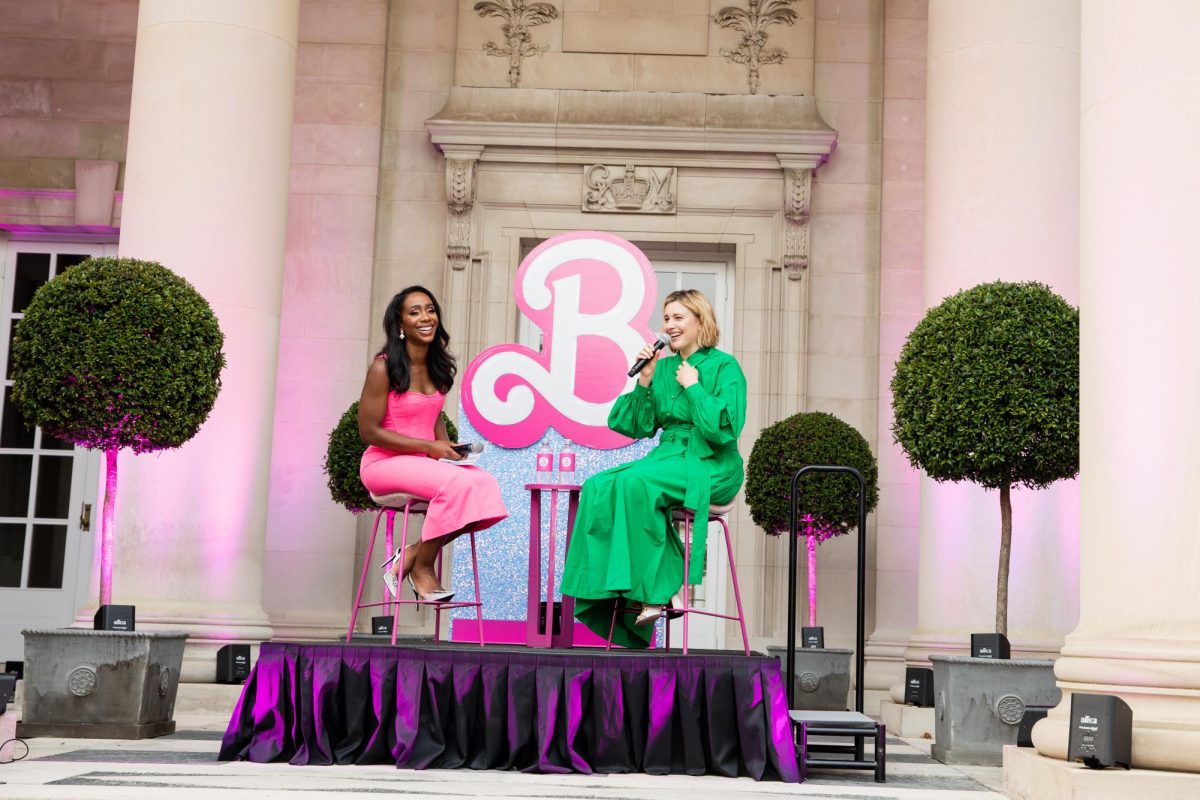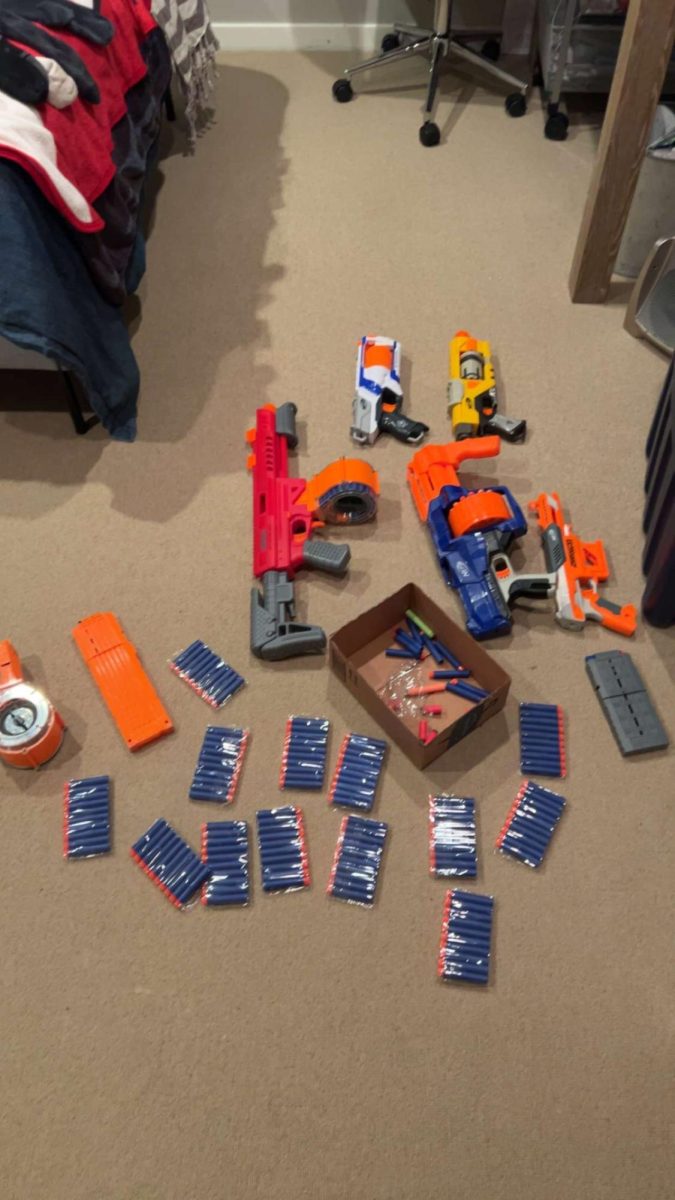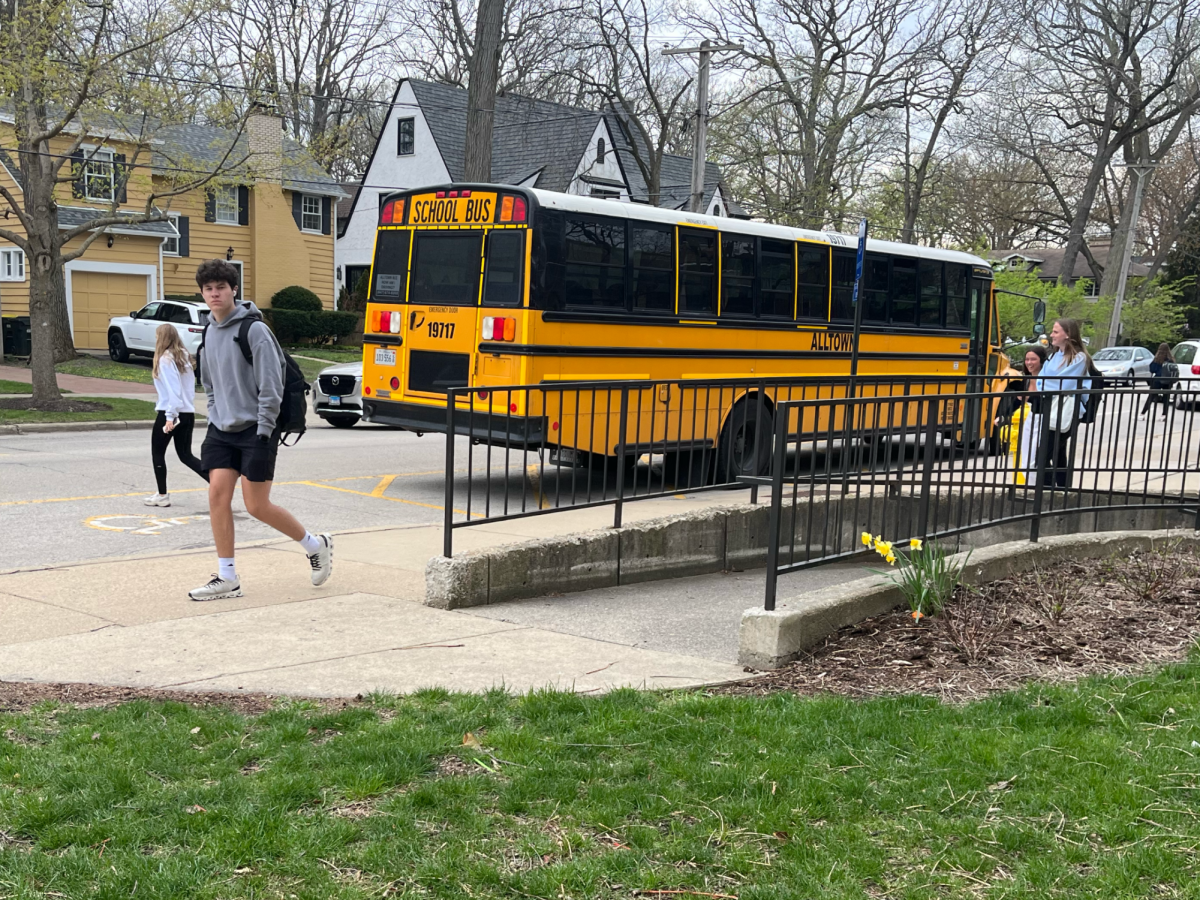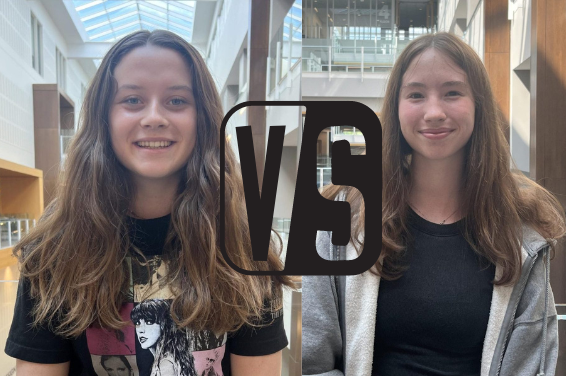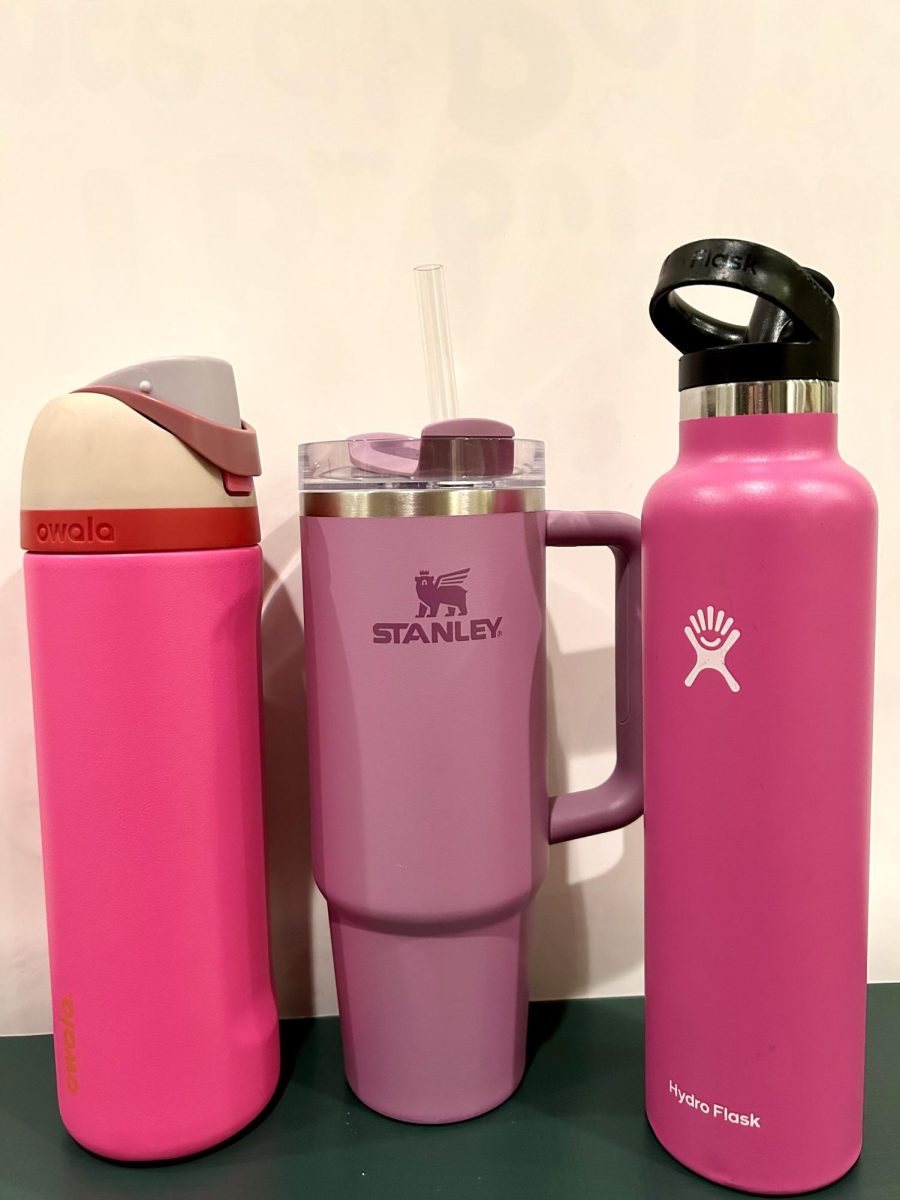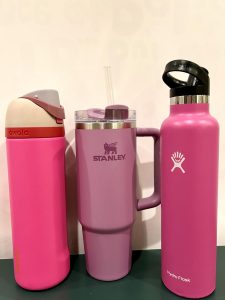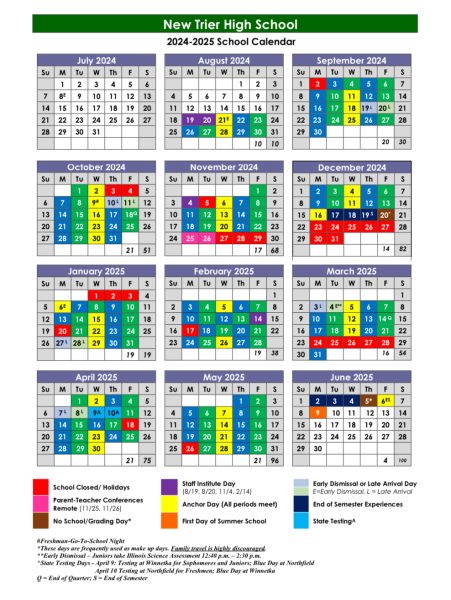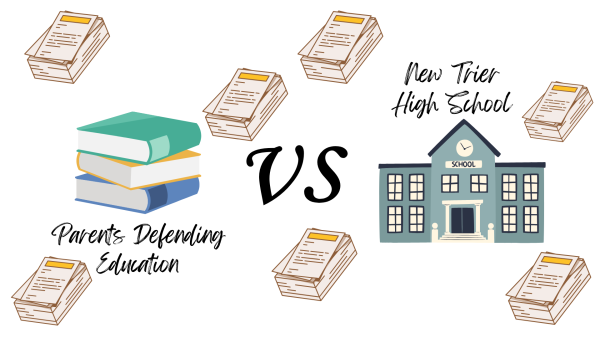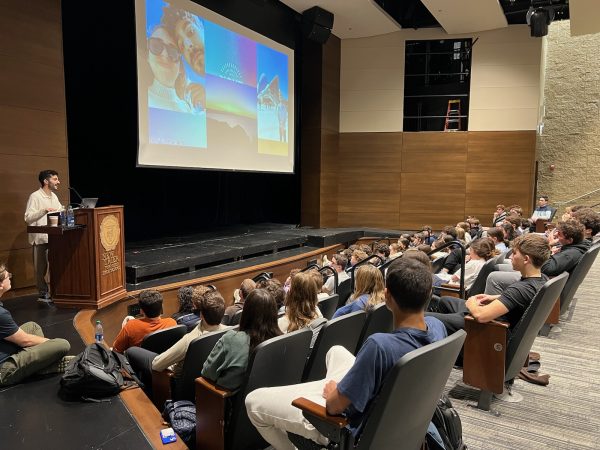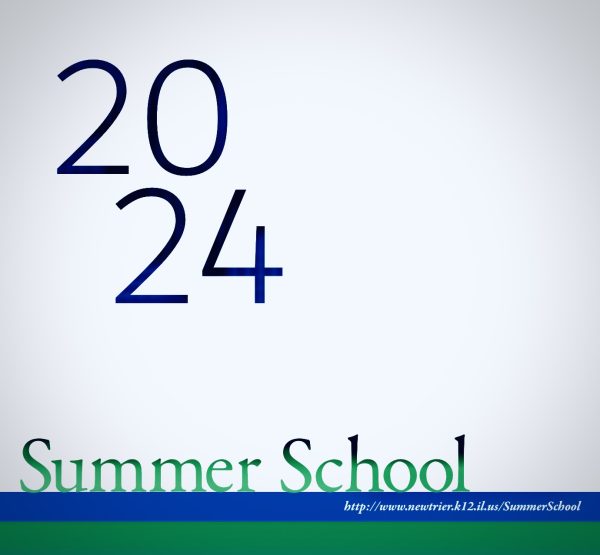Ethics bowl asking the real questions
Philosophy, ethics debated at first high school level bowl
February 5, 2016
A husband and wife, Andre and Leslie, decide to have a child. They chose to use a process which genetically modifies the embryo so diseases and deformities can be avoided. However, they want to use this process to give a disability to their child.
Andre and Leslie are both deaf and would like their child to experience deaf culture first-hand.
Their friends who object say they are jeopardizing the child’s future by knowingly putting their child in that situation. Andre and Leslie argue that they would be in a better parenting position since their family would share a similar experience.
So, is it ethical to bring a child to life knowing they will have a preventable disability?
This hypothetical situation was just one of the 15 scenarios up for debate at the National High School Ethics Bowl on Saturday, Jan. 23, at the University of Chicago.
New Trier won third place, with two wins and one tie. Oak Park and Chicago Lab won first and second place, respectively.
The four students who represented New Trier were seniors Ryan Doede and J.R. Miller and juniors Louis Shaw and George Zervas, alongside the sponsor of New Trier’s Philosophy Club, Michael Christensen.
Doede and Miller founded Philosophy Club in 2014, but this was the first year New Trier had a team in the Ethics Bowl, as this was the first time the bowl was open at the high school level to students in the Chicagoland area.
“Philosophy is awesome, but it is very hard to apply it practically,” Doede said. “It’s probably fair to say that ethics, of anything in philosophy, is the most applicable section of it.”
According to Christensen, Ethics Bowl was originally just a collegiate level competition. It is currently funded by the Squire Family Foundation, a foundation for the promotion of philosophical discussion established in 2007, which pushed for Ethics Bowl to be open to high school students as well.
The New Trier team began preparation in late November, discussing the 15 scenarios and potential solutions, including the most ethical and unethical reasonings.
They met weekly, exploring all potential angles to the scenarios in an attempt to find the most ethical solutions.
The team carried a lot of momentum: “We go between totally disagreeing with everything the other person is saying to being able to jump off each other’s points and edit them,” Doede said. “Either way, the greatest thing about these types of conversations we have is that, in the end, we get to the best answer.”
While it was a competition between five schools, junior Louis Shaw noted that it was more of a group effort.
“It has a similar structure to a debate, except opposing teams don’t necessarily have to disagree with each other,” Shaw said. “Instead, it is a collaborative discussion between two teams about the issues of a real-world scenario.”
Christensen agreed with shaw. She said teams don’t go into the bowl with the sole objective of winning. Rather, the team’s main goal is to work off of their opponents’ ideas to try and develop the strongest argument.
Each round, one of the judges asked the teams a specific question based on one of the scenarios.
There was an array of professors and graduate students in different areas of ethics, such as philosophy and bioethics, who served as judges on Saturday.
The students were given two minutes to figure out their stance and five minutes to present it. The opposing team had one minute to confer and three minutes to provide a commentary with their counter argument.
The first team had another minute to confer again and three minutes to respond. The judges then questioned the first team for ten minutes, asking follow up questions about the same scenario.
For the second half of the first round, the teams’ roles were reversed, and the second team presented their argument first.
“This was enjoyable because they weren’t trying to shoot down our arguments as much as understand them better,” Shaw said.
Although this was a small, regional bowl, Christensen believed the team had great momentum and will continue in the years to come.
“Certainly if it happens again, I would love to take another team next year,” Christensen said.
Shaw also had hopes for the club’s future.
“We feel as though we can engage in deeper discussions and that the Philosophy Club is heading in a forward direction for next year,” Shaw said.

